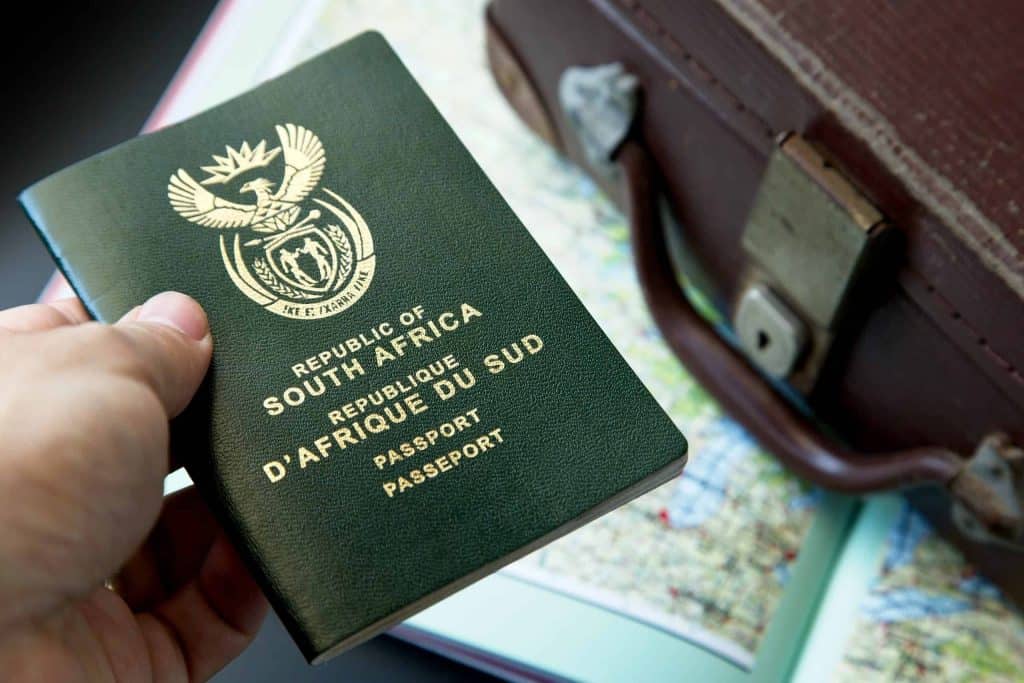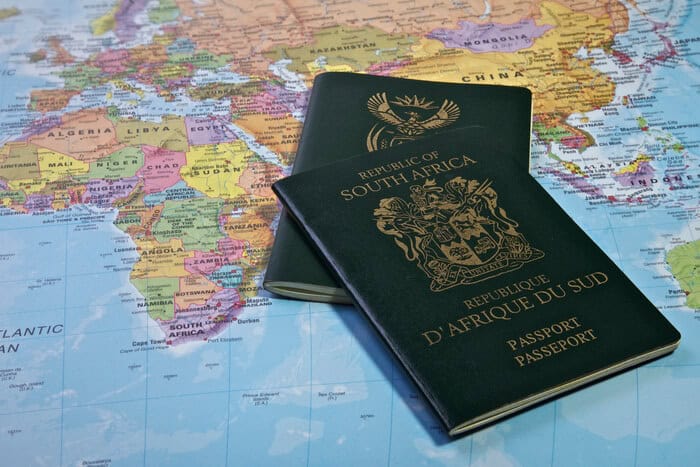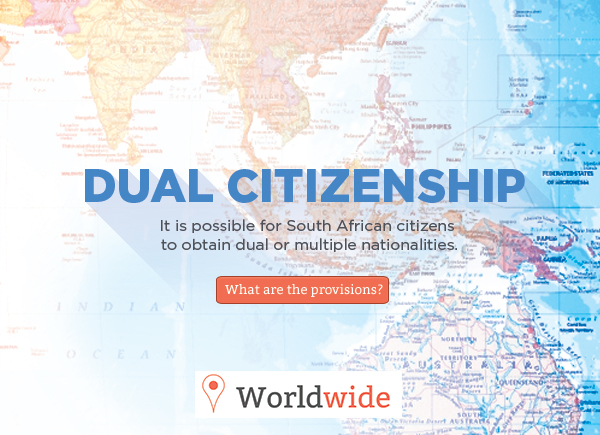Is the general work visa becoming extinct?
It is important to acknowledge that globally there is a huge amount of competition for skills, with technology and the sciences in all sectors becoming more technical. It is in this scenario that “skills shopping” takes place because countries become very competitive in acquiring skills.
One way to ensure successful skills importation is to have a skills importation friendly visa regime in place.
The South African Immigration Act, No. 13 of 2002 (as amended) provided for the upper level of skills by the creation of a quota system. Certain categories of much-needed skills were published in the Government Gazette after consultation with the Ministers of Home Affairs, Trade and Industry, and Labour. A numerical quota was attached to each of those categories. This worked exceptionally well for many years, but with the 2014 amendments to the Immigration Act, it was supplanted by the Critical Skills Visa category.
The critical skills list can be downloaded by clicking on the following link:
Again, critical skills were defined in consultation with the ministers of the relevant departments. Specific requirements for the trades, professions and occupations were established in consultation with SAQA accredited professional bodies. Furthermore, at least five years of post-qualification experience is required, and qualifications obtained overseas must be evaluated by SAQA.
This left anyone who did not slot into the Critical Skills Visa category with only one option: to apply for a General Work Visa. This is where the crunch lies.
Obviously, first prize in the South African economy is to have South Africans doing the jobs. To safeguard the interests of the South Africans in this regard, the following requirements were imposed in terms of the statute:
- Each position must be advertised in the South African national printed media.
- A representation must be made to the Department of Labour in terms of which they must consider whether the position could indeed be filled by a South African citizen or permanent resident.
The contact details and identity numbers of all applicants who qualified for the position and who are South African citizens or permanent residents must be provided to the Department of Labour together with the representation, as well as the reasons why they were not suitable for the position. This causes further problems
The Department of Labour refuses to deal with any “third-party” such as an attorney, advocate or consultant and indeed does not entertain any enquiries from the applicant in person or the prospective employer.
A further problem arises with the fact that the department is backlogged so badly in the considering of these representations that it is almost impossible to determine how long it will take to in fact elicit a report or recommendation from them.
When at last they do finalise a recommendation, they send it to neither the employer nor to the applicant, but directly to the Department of Home Affairs. All that is given to the applicant is a notification that the matter has been finalised and forwarded to the Department of Home Affairs Head Office. No details of the outcome or recommendation are provided. Therefore, the applicant is totally unaware as to whether there is a negative or positive recommendation.
The foreign applicant and the prospective employer then prepare an application for a General Work Visa, only to have it shot down with refusal because there was a negative Labour Department report.
In discussion with various other immigration specialists, it became apparent that hardly any of them had managed to secure a positive recommendation in the last two to three years.
It is also important to note that a period of six months or more could elapse from the date of submitting the request for recommendation to the Department of Labour until an outcome is received. If a skill is really that much needed, and an applicant still has to apply for a Work Visa after that long waiting period, the employer might run out of patience. Many applicants are being turned away purely because of this. The result is that the relevant skills shortages are not being filled effectively. This does not bode well for employers who are seeking certain specific skills not available in the country and which the country does not produce.
What aggravates the above is the fact that a positive recommendation from the Department of Labour is not a guarantee that the case will be judged effectively and properly. Unfortunately, there is still a possibility that the application for a General Work Visa can be refused.
It is for this reason that one must look very circumspectly at employing a foreigner who does not resort into and qualify under the Critical Skills Visa categories of trades, professions and occupations.
For a free assessment of the viability of a work visa application, feel free to email us at enquiries@immigration.org.za. Insert “World Wide Focus Newsletter Enquiry” into the subject line.
Share on
Latest articles




















